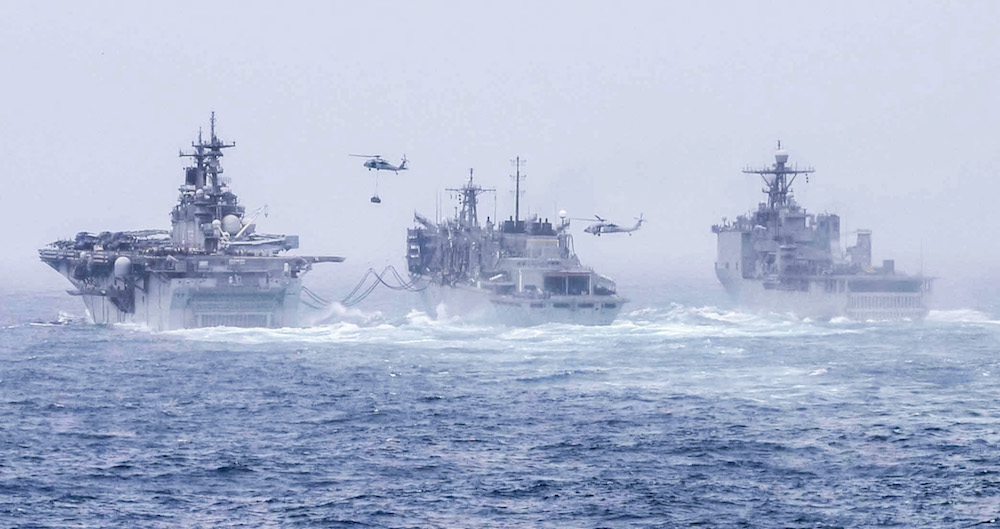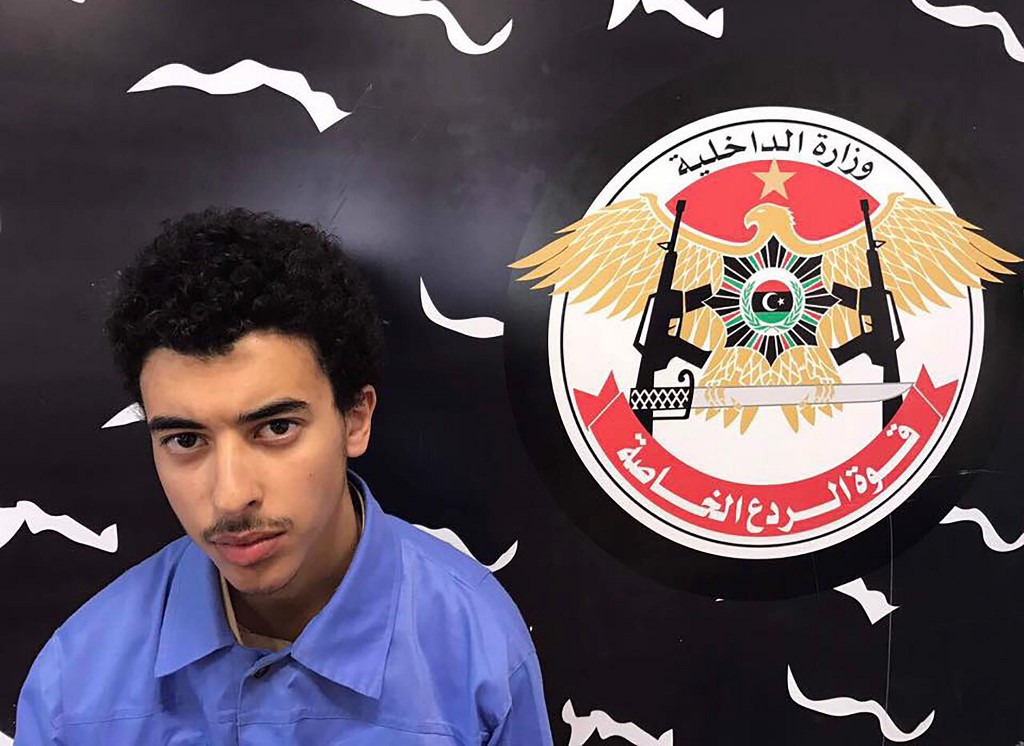TEHRAN: Iran’s foreign minister said Wednesday that his country has no choice but to manufacture missiles for defense purposes — comments that reflect more backtracking after a remark by the top diplomat suggesting the missiles could be up for negotiations.
Mohammad Javad Zarif said in an interview with NBC News that aired earlier this week that if the US wants to talk about Iran’s missiles, it needs “first to stop selling all these weapons, including missiles, to our region.”
Iran has long rejected negotiations over its ballistic missile program, which remains under the control of the Iranian paramilitary Revolutionary Guard that answers only to Supreme Leader Ayatollah Ali Khamenei.
The foreign minister’s remarks suggested a possible opening for talks as tensions remain high between Tehran and Washington.
But the Iranian mission to the United Nations promptly called Zarif’s suggestion purely “hypothetical” and said the Iranian missiles were “absolutely and under no condition negotiable with anyone or any country, period.”
In Tehran, the Foreign Ministry’s spokesman, Abbas Mousavi, tweeted late on Tuesday that Zarif’s comments meant to challenge Washington and “threw the ball into the US court while challenging America’s arm sales” to its Mideast allies.
Zarif himself on Wednesday backpedaled on the missiles issue, saying Iran has no choice but to manufacture the missiles for its own defense.
He cited the 1980s Iran-Iraq war and tweeted that, “For 8 YEARS, Saddam (Hussein) showered our cities with missiles & bombs provided by East & West. Meanwhile, NO ONE sold Iran any means of defense. We had no choice but building our own. Now they complain.”
“Instead of skirting the issue, US must end arms sales to Saddam’s reincarnations,” Zarif also said.
Tensions between Tehran and Washington have sharply escalated since President Donald Trump unilaterally last year withdrew America from the nuclear deal between Tehran and world powers and re-imposed sanctions on Iran, sending its economy into freefall.
America has also rushed thousands of additional troops, an aircraft carrier, nuclear-capable B-52 bombers and advanced fighter jets to the Mideast amid unspecified threats from Iran.
Mysterious oil tanker blasts near the Strait of Hormuz, attacks by Iranian-backed rebels in Yemen on Saudi Arabia and Iran’s shooting down of a U.S. military drone in the past months further raised fears of a wider conflict engulfing a region crucial to global energy supplies.
A compromise deal remains the best way to prevent Iran acquiring a nuclear weapon, British Prime Minister Theresa May said on Wednesday.
The UN nuclear watchdog has confirmed that Iran earlier this month violated the 2015 accord, and Iran’s supreme leader on Tuesday said Tehran would keep removing restraints on its nuclear activity in the deal.
In her last major speech before stepping down next week, May said the nuclear deal must be protected “whatever its challenges”.
“Whether we like it or not a compromise deal remains the best way to get the outcome we all still ultimately seek – to prevent Iran from acquiring a nuclear weapon, and to preserve the stability of the region,” May said.
Recently, British authorities intercepted the Iranian supertanker Grace 1, carrying 2.1 million barrels of light crude oil, and seized it with the help of British Royal Marines off the coast of Gibraltar.
They believed it to be violating European Union sanctions by carrying a shipment of Iranian crude oil to Syria. Spanish authorities said the seizure came at the request of the United States.
This is not the only issue between Iran and Britain.
Nazanin Zaghari-Ratcliffe, a British-Iranian woman imprisoned in Iran following her arrest in April 2016 on charges of plotting against the Iranian government, has been transferred to a hospital mental health facility, her husband said Wednesday.
Her family denies the allegations against her.
Her husband, Richard Ratcliffe, said in Britain that his wife has been moved to the mental health ward of Iman Khomeini hospital under the control of the Revolutionary Guard.
“Hopefully her transfer to hospital means that she is getting treatment and care, despite my distrust of just what pressures can happen behind closed doors. It is unnerving when we don’t know what is going on,” he said.
Iran does not recognize dual nationality.
British officials have urged Iranian officials to let her have contact with her family.





